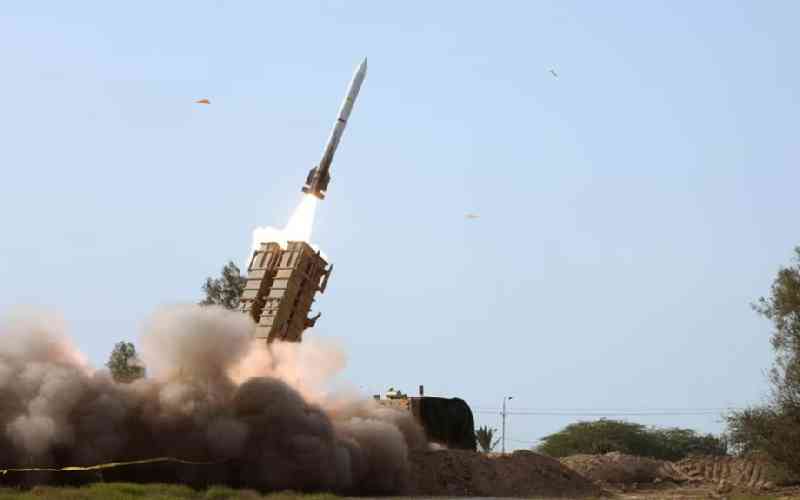
Dozens of Russian military personnel are being trained in Iran to use the Fath-360 close-range ballistic missile system, two European intelligence sources told Reuters, adding that they expected the imminent delivery of hundreds of the satellite-guided weapons to Russia for its war in Ukraine.
Russian defense ministry representatives are believed to have signed a contract on December 13 in Tehran with Iranian officials for the Fath-360 and another ballistic missile system built by Iran's government-owned Aerospace Industries Organization, or AIO, called the Ababil, said the two intelligence officials, who requested anonymity in order to discuss sensitive matters.